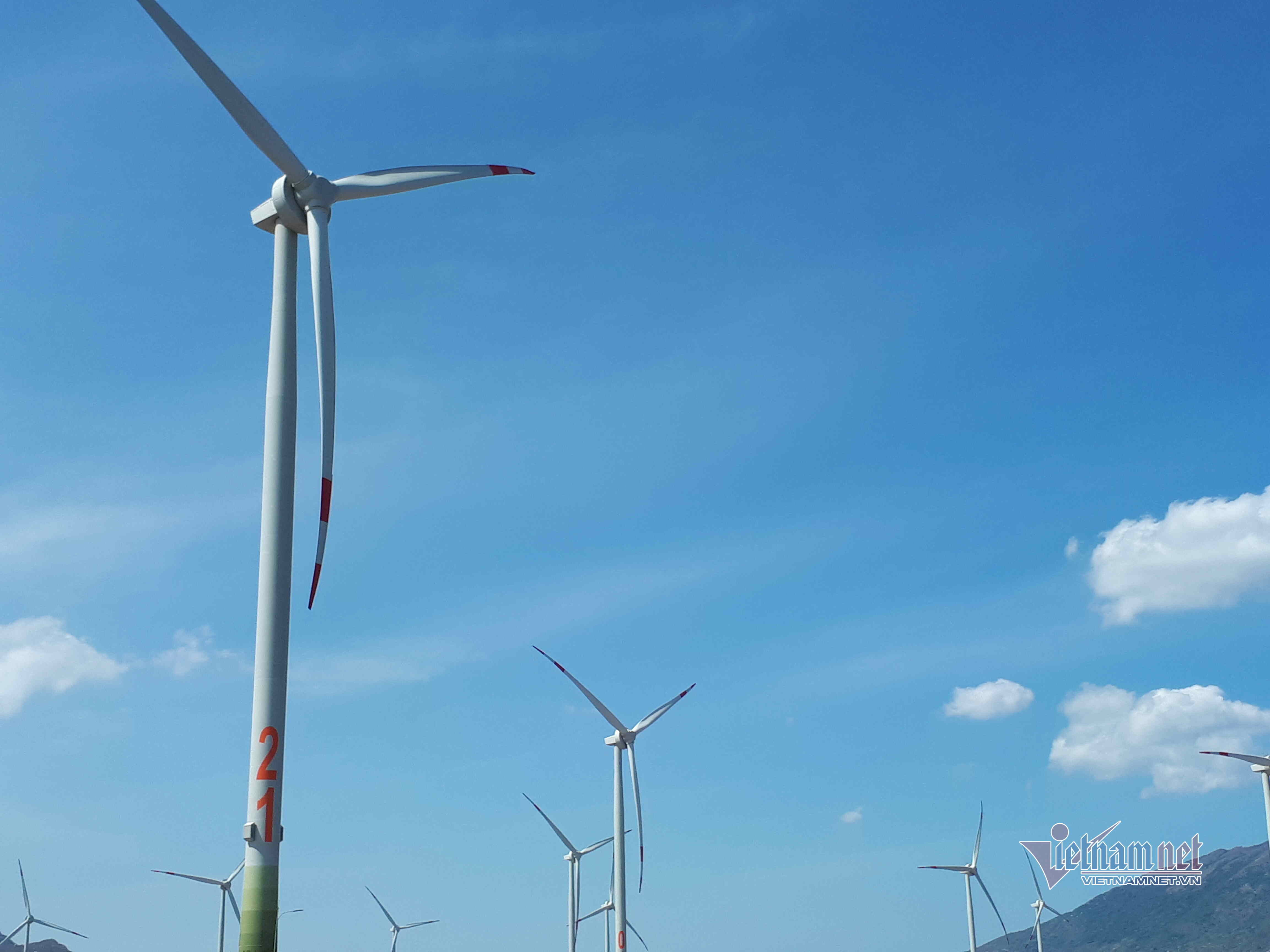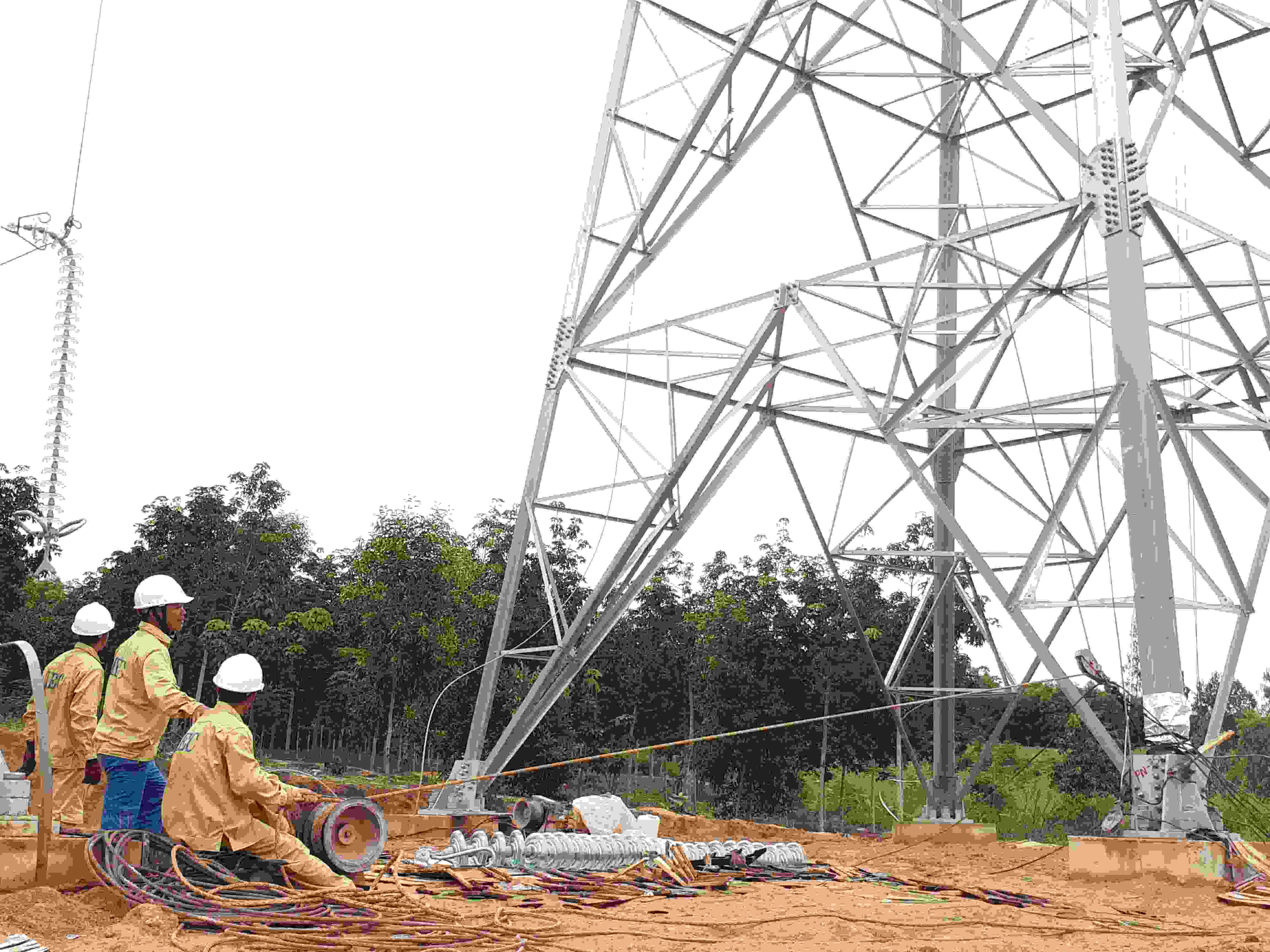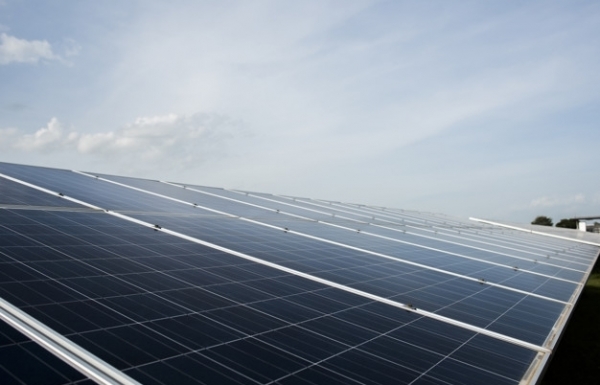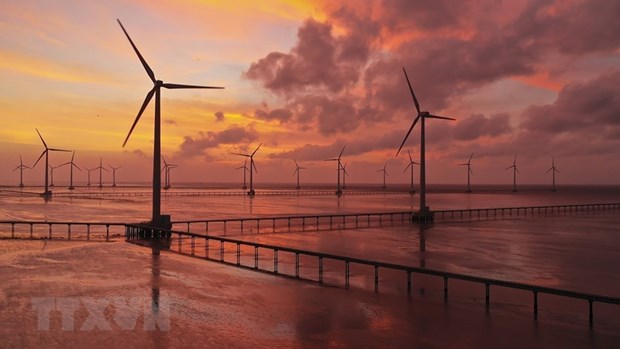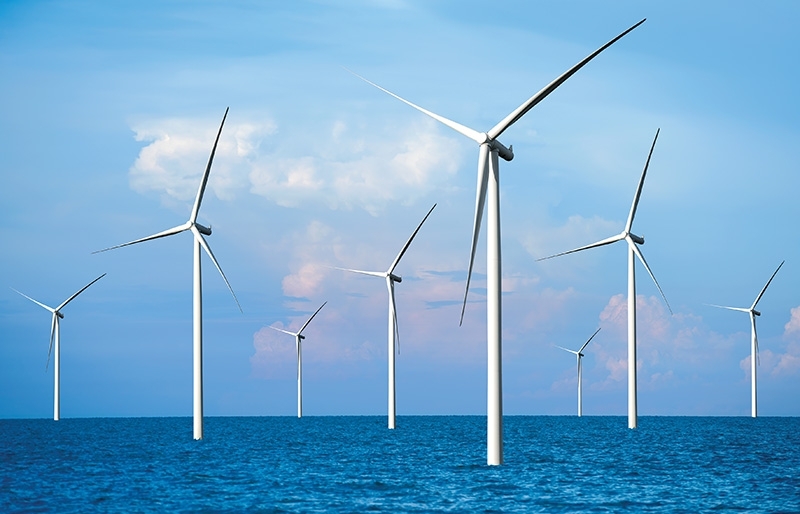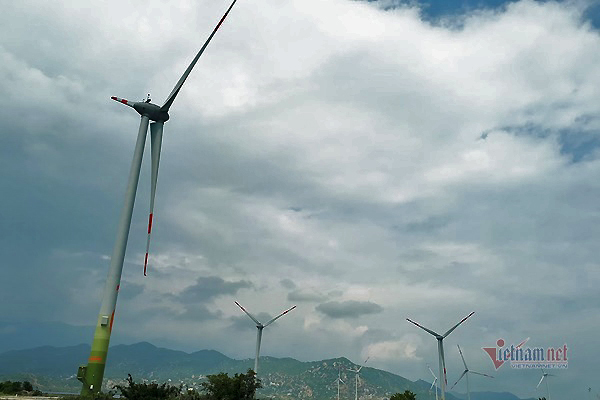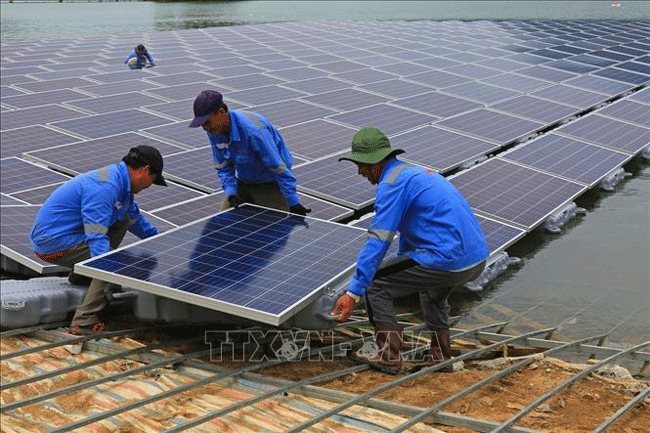- © Copyright of Vietnamnet Global.
- Tel: 024 3772 7988 Fax: (024) 37722734
- Email: evnn@vietnamnet.vn
EVN
Update news EVN
Smart grid – key to optimize renewable energy grid
The country’s road map aims to improve the quality and reliability of the national power supply and the efficient use of electricity.
No price hike on power bill until the end of the year: MoIT
There will be no increase in electricity prices from now until the end of the year, the Ministry of Industry and Trade (MoIT) - the country's power regulator - announced yesterday during the ministry's monthly press conference.
EVN reduces electricity purchases as consumption drops
Because of low electricity consumption, thermopower, hydropower, wind and solar power plants have had to cut their capacity.
Wind power developers sprint as deadline nears
Investors have been working frantically to get their projects finished on time, but even if they can put plants into operation before October 31, they will still face other problems.
Bac Lieu prioritises renewable energy
The Mekong Delta province of Bac Lieu has chosen renewable energy as one of its top priorities, aiming to restructure the economy towards green growth and sustainable development.
French Development Agency lends 74.7 million EUR to EVN’s hydropower project
The Vietnam Electricity Group (EVN) on June 29 signed a credit agreement with the French Development Agency (AFD) on a loan of $74.7 million euros to develop the expanded Ialy hydropower plant in the Central Highland province of Gia Lai.
Power plan revised to render market more competitive
The government this month requested the Ministry of Industry and Trade to review and re-submit the Power Development Plan VIII as the scheme is geared towards speeding up establishment of a competitive electricity market.
Renewable energy output up nearly 160 percent during Jan-Apr
Vietnam’s total output of electricity from renewable energies hit 9.5 billion kWh in the first four months of 2021, up 156.9% year-on-year, and accounting for 11.8 percent of the total electricity output, according to Vietnam Electricity.
Conditions in place for offshore development
Reducing the cost of capital for offshore wind power projects in Vietnam will be the main driver for lowering electricity costs and encouraging investment in such projects,
Wind power: investors wait for PM’s decision on Feed-in-Tariff price
The Feed in Tariff (FIT) price of VND2,000 per kwh will expire in seven months, but the price for the next period has not been fixed yet.
Vietnam to develop wind, solar power, but safety concerns exist
Wind and solar power continues to be prioritized but solutions are needed to ensure the safety of the electricity system when operating volatile sources of energy.
Wind, solar power projects complain about VAT refunds
Wind power developers, who are running against time to put their projects into operation prior to November 2021, now face another problem: they may not get a VAT (value added tax) refund because of certain regulations.
Wind power overdevelopment faces risks
Sharing the same fate as solar power, sales of wind power in Vietnam are expected to be difficult because of "severe excess electricity" at some point in time.
Vietnam sets record in number of wind, solar power projects
Vietnam has been witnessing a solar and wind power boom for three years, becoming one of the hottest markets in the world.
Vietnam considers building energy storage system
Since wind and solar power projects cannot provide all the electricity output to the national grid, building an energy storage system is being considered.
Tens of billions of dollars poured into gas-fired power plants
Gas-fired thermal power is catching the attention of foreign and domestic investors, now that Vietnam plans to stop new coal-fired power projects, according to the eighth national power development plan.
Vietnam to launch competitive retail electricity market in 2023
Vietnam Electricity will conduct price marketization to encourage investment in electricity industry and follow the State-regulated market mechanism.
Rooftop solar power saw tremendous growth in 2020
Over 100,000 rooftop solar power works with total capacity of 9,300 MW were connected to the national grid by December 31, 2020.
Energy production needs better coordination to prevent power shortages
The Prime Minister has warned that if electricity shortages occur, some officials will lose their positions.
EVN to stop buying output from new rooftop solar power projects
The Vietnam Electricity Group (EVN) on December 26 announced that it would stop purchasing electricity from rooftop solar power projects developed after December 31 until the prime minister issues a new decision.


